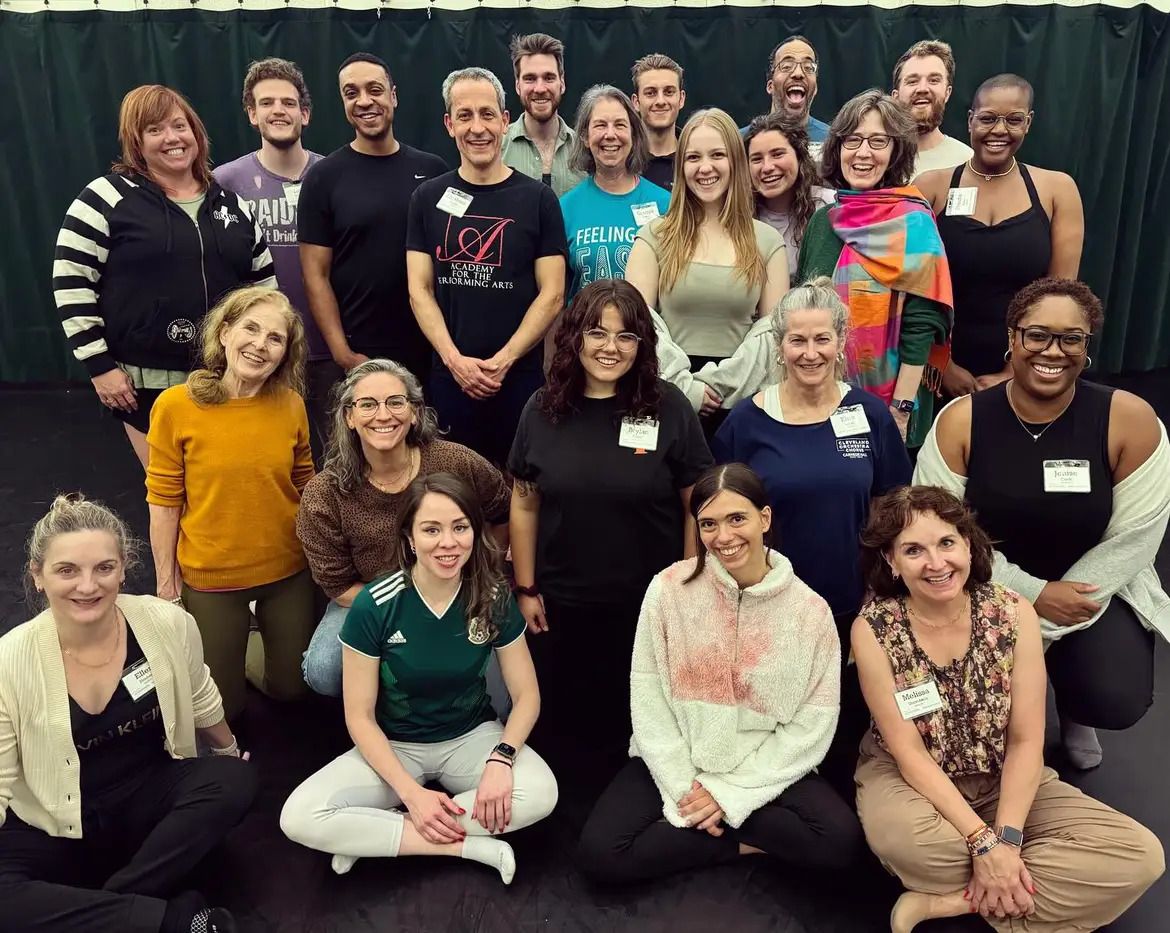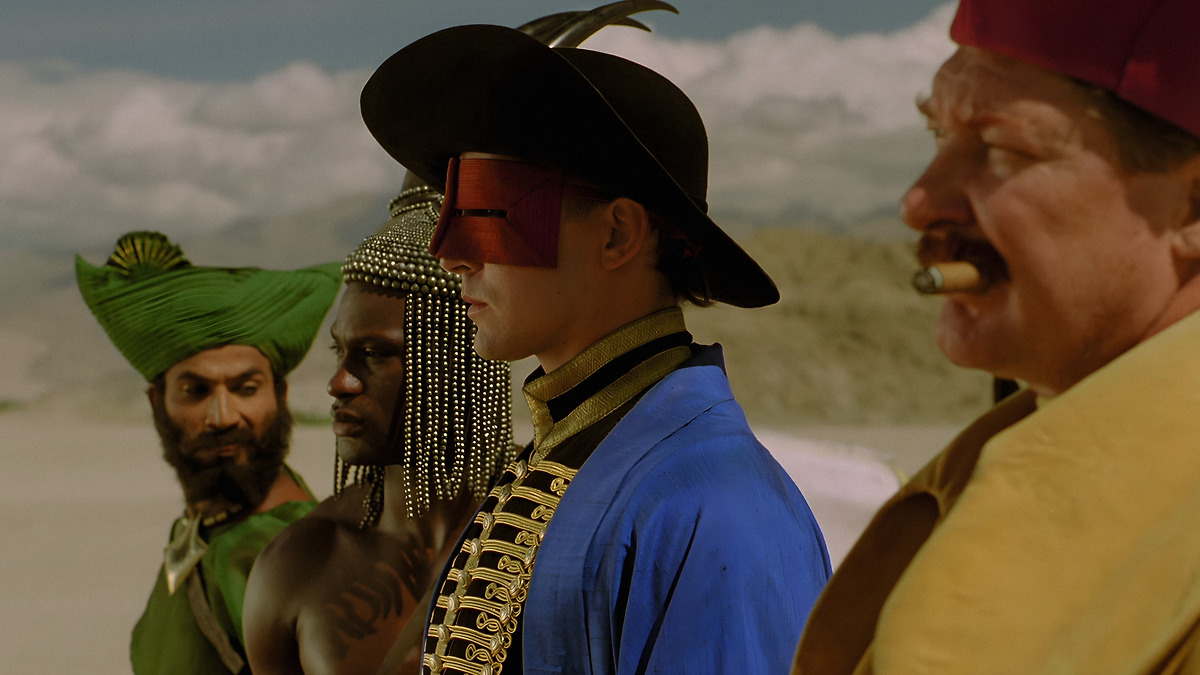CURIOSITIES
Found & Fascinating
My joy.
CRAFT AND SPIRIT
The Art of Chekhov: Why I Chose a Different Door

I encountered the Chekhov technique by accident but knew quickly that it was out of necessity.
I've always loved acting, but early in my training, I felt a quiet discomfort growing louder. My peers and I dug into painful memories night after night in order to "get there." Sense memory, emotional recall, personal trauma as performance fuel. It worked, until it didn't. For some, it unraveled them. For others, it just didn't fit. For me? It planted a seed: There must be another way.
When I first encountered Chekhov's work, what struck me wasn't how mystical it was, but how deeply spiritual it was. And yes, there is a difference.
Try the exercises and you will see that they are not mystical. Try them and you will see that they are truly practical.
Chekhov downplayed the spiritual core of his work to appease critics, especially in the climate of Soviet-era repression. But make no mistake: his work is profoundly spiritual. Practical? Yes. Psychophysical? Absolutely. But at its heart, it invites us to live through imagination—to tap into something larger than memory, larger than self.
When I attended the Chekhov consortium, it felt like repotting myself into more fertile soil. My dreams sharpened. My presence deepened. I felt lifted. Not in the abstract, but in the real. My body was different. My seeing was different.
And something else changed, too.
I forgave myself for not having a dramatic past. I stopped believing I needed more pain to be more interesting. That realization hit me hard in a subway station one day. I reread an old entry in a physical journal that said I wished for more life, more conflict, more interesting experiences. At that time I was suffering a great deal, and I knew that I had gotten what I asked for. A wave of emotion washed over me—not for the pain, but for the younger version of me who thought he had to suffer to matter.
Chekhov's work reminds me that I don't need to relive that pain to perform truth. It teaches that the imagination is enough. More than enough. It's everything.
Where some methods say, "Be the character," Chekhov says, "Collaborate with the character. Invite them in, then release them when it's time to go." It gives the actor agency. It gives the actor safety. It gives the actor dignity.
And it gives the audience something truer than trauma: transformation.
Try This: The Four Qualities of Movement
Go for a walk or a run. Choose one of these four qualities:
Flowing — Let your body move like water. No pushing. Only gliding.
Flying — Feel the lift in your spine, the breeze in your limbs. Move with lightness.
Radiating — Move with focus and purpose, casting energy out from your core.
Molding — Imagine shaping the space around you. Strong, grounded, intentional.
Now, apply that quality to an everyday action. Washing dishes. Typing. Reading. Notice what shifts.
Chekhov said, "Everything must be done with a feeling of ease."
Let that be your mantra.
The Work
If you're navigating your own threshold and want to step into your work with clarity, intention, and craft, I offer 1-on-1 coaching rooted in Chekhov's approach. It’s creative. It's restorative. And it's built to support your process, not extract from it.
Book a free 30-minute session to explore the fit. All follow-ups are $45 for 90 minutes.
A Question to Carry: What kind of imagination do you want to grow?
A Door to Open: Take the gentle reader survey and help shape what comes next.
Much love today and every day,
Matt Piper 🐯🌱♊️



